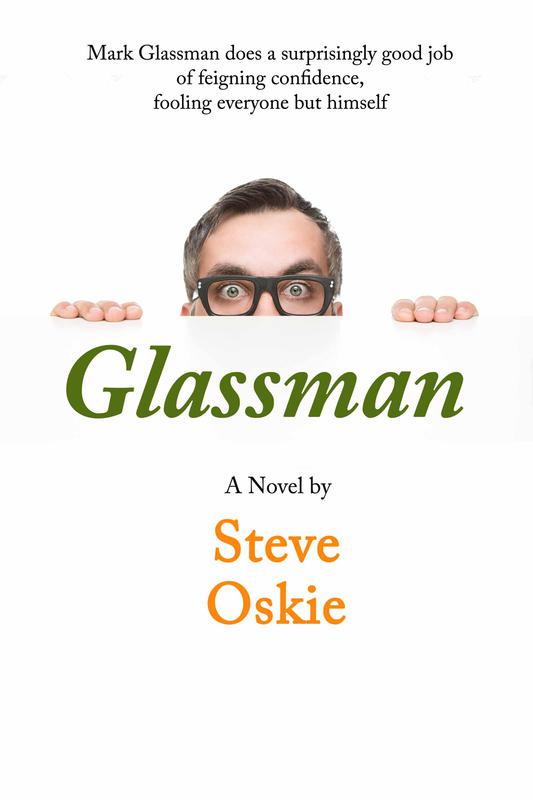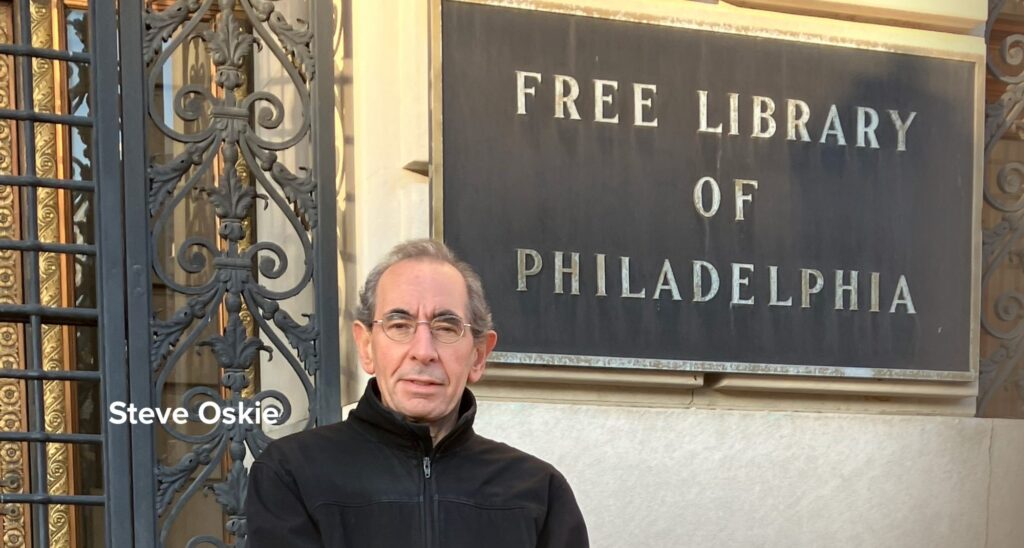One can equate the latest James Mangold musical biopic to his previous stellar film, Walk The Line, the 2005 Johnny Cash movie starring a dazzling Joaquin Phoenix. Here we have an equally momentous turn from Timothee Chalamet, who nails Bob Dylan in performances shot live.
It’s no small challenge for Mangold and Chalamet to encapsulate Dylan’s emergence in the New York folk scene of 1961 and the turbulent first four years in the career of that most iconic of enigmas, Dylan. Along with his co-stars, Chalamet plays around 40 songs—over 25 of them sung in their entirety. Chalamet demonstrates an astonishment of understanding of Dylan’s singular vocal delivery. As a huge fan of early Dylan, I was prepared to bemoan the choice of just about anyone who dared play Dylan onscreen. Instead, I experienced admiration for Chalamet’s gritty, properly calibrated immersion into an often transporting portrayal.
Timothee Chalamet’s Dylan, while the willful striver in his professional life, is a slog in his private life—on the one hand driven; on the other, totally passive. If Dylan himself, perhaps the most influential musician of our era, is a force of nature, Chalamet is himself a conveyor of legend. He deftly juggles both aspects of Dylan in a manner that never seems larger than life but rather hyper-ordinary. Until he begins a song, when he seems to change into a whole different person.
Building up to a crescendo of the artist-ahead-of-his-time going up against the dubious steel wall of a stuffy, mildewed folk music status quo, Dylan follows his muse and brings forth not just a new direction but a revolutionary, highly influential force in popular music. He ushered in the folk rock genre with an heretofore unheard of emphasis on rock. The transformation is replete with Dylan’s never wavering, impeccably iconoclastic songwriting now buttressed by a crack band featuring Paul Butterfield and Al Kooper. When the band busts into “Like A Rolling Stone” (the film’s title emerges from a line in the song) at the 1965 Newport Folk Festival, the purist folk crowd bewilderingly reacts with puzzlement and then rancor. Their target is a musician who, in following the brio of his uncompromising high standards, embodies artists throughout history who were misunderstood if not persecuted before eventually getting labeled innovators.
Not dodging Dylan’s sorrowfully inadequate interpersonal social skills and a personal style low on the kindness quotient, A Complete Unknown explores his relationships with Suzy Rotolo (here fictionalized as Sylvia Russo and portrayed by an excellent Elle Fanning) and Joan Baez (Monica Barbaro). While Mangold could have expanded more in the direction of any emotional resonance Dylan felt with these women, Elle Fanning helps bail him out with a brooding and heartrending performance. Mangold and fellow screenwriter Jay Cocks refrain from going inside Dylan’s head. Preferring an outside-in approach they prefer to rely upon these women’s reactions to his often prickly demeanor (“Your kind of an asshole, Bob” Baez remarks after a particularly troubling encounter.)
Enough can’t be said about a quick-witted Edward Norton as folk mainstay Pete Seeger. Amidst a backdrop of cultural signifiers like the Cuban missive crisis, the civil rights movement and the JFK assassination, Seeger is seen as a socially conscious yet genteel mensch who rides guardrail to Dylan’s cavalier tendencies.
Norton handles the role with such elan it’s hard to envision the actual Seeger any differently. This despite Mangold taking liberties with just how omnipresent Seeger was in Dylan’s life. When a newly-arrived-in-New-York Dylan makes his way to the sickbed of his idol Woody Guthrie, Seeger just happens to be there at that very moment: Hollywoodized pablum or excusable time compression? (Rolling Stone published a list of the film’s many blemishes of inaccuracies.)
With enormous help from a very fine cast, Mangold stays unencumbered by the inevitable slings and arrows of those who view celebrity biopics from the singular vantage point of literal accuracy. Mangold more than adequately captures a more essential temperamental accuracy regarding a vibrant cast of characters.
When telling a story about a larger than life character, what really matters is does the whole of the film capture the bona fide essence of the individual? Your guess is good as mine since Dylan is essentially unknowable. When the music and the acting are this good, though, there’s a vital thing called poetic license that carries the day. Minor changes made in the context of keeping the drama consistent with the film’s overall ethos of a once-in-a-generation visionary is certainly not a pitfall. We’re not talking the Freddy Mercury biopic here.
Luckily, this film wasn’t miscast (except for queasy Boyd Holbrook as Johnny Cash) and it wasn’t helmed by a minor director who doesn’t know one Dylan classic song from another—or even worse, a director who would try to cramp Dylan’s entire 60-some-year career into one film.
In letting the music do the talking and letting his actors carry the day, Mangold gives us an engaging Dylan—as enchanting in his art as he is arresting in the bluntness that often flavors his personal life. Dylan’s flaws are those of an Everyman; his genius something whose depths we can’t fathom, whose breadth we can only hold in high esteem.

